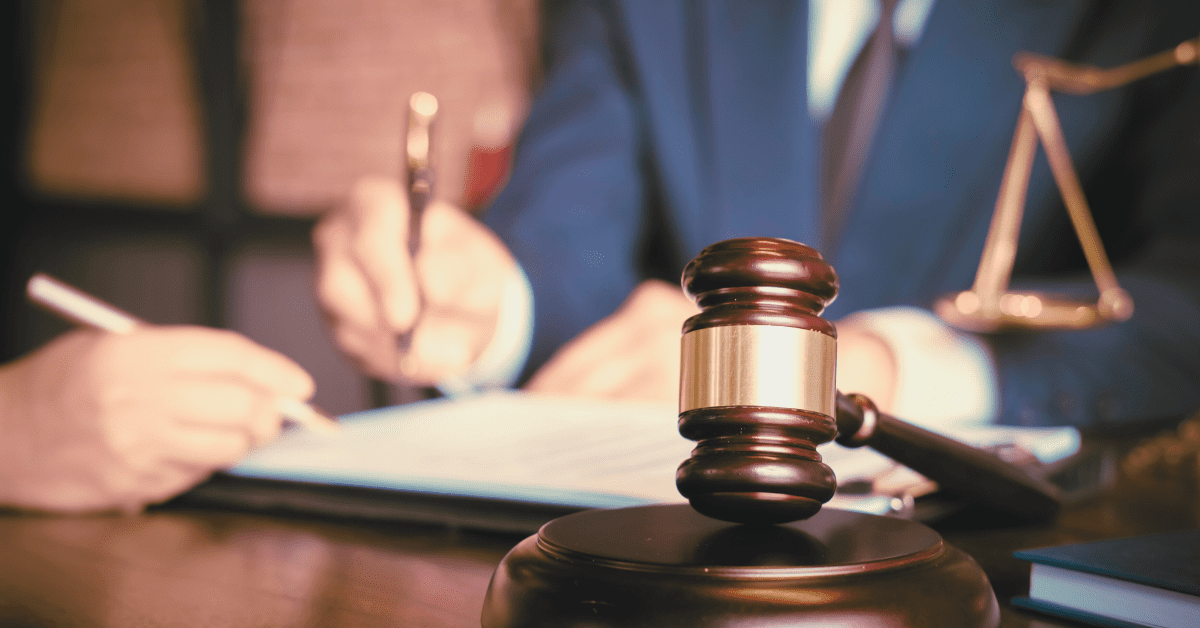When hundreds or thousands of individuals are injured by a company, corporation, or organization, a Multi-District Litigation (MDL) may be created to promote efficiency and judicial economy. An MDL is one court where all cases are centralized for the purpose of discovery.
Why MDLs Are Common in Drug and Device Cases
This typically occurs in pharmaceutical or medical device cases. When a drug or product harms its consumers, it is much more efficient for the courts to consolidate all similar lawsuits before a single judge in one jurisdiction.
Examples of current or past MDLs include:
How an MDL Is Created
If cases are filed across different federal jurisdictions, either the plaintiffs (those suing) or the defendants (typically corporations or manufacturers) can petition the Judicial Panel on Multidistrict Litigation (JPML) to consolidate the cases.
The JPML meets several times a year to hear arguments. Within approximately a week of the hearing, the panel decides whether to create an MDL and determines its location.
What Happens After an MDL Is Formed
Once established:
- All pending federal cases with similar facts and legal issues are transferred into the MDL.
- New cases can be filed directly into or transferred to the MDL.
MDLs benefit the judicial system and injured individuals alike. By centralizing discovery and pretrial proceedings, claimants can share litigation costs and build stronger cases against large corporations.
MDL vs. Class Action
It’s important to note: An MDL is not a class action.
- In a class action, one resolution or settlement applies to all claimants.
- In an MDL, each plaintiff’s case is evaluated individually, and settlement values may vary depending on the circumstances and injuries.
What to Expect in MDL Proceedings
Once underway, the Court will issue Case Management Orders (CMOs) and schedule regular updates and deadlines. Parties engage in:
- Exchange of millions of documents
- Depositions
- Other discovery tools
MDLs are designed to streamline litigation, create consistency in rulings, and give plaintiffs an efficient path toward resolution.
If you have questions about how an MDL works or whether your case might qualify, feel free to contact our legal team for more information.



